The term “snowbird” typically refers to individuals, often retirees, who migrate from colder climates to warmer regions during the winter months. This lifestyle has gained popularity among many looking to escape harsh winters and enjoy milder weather. While becoming a snowbird can offer numerous benefits, it also comes with its own set of challenges. We lived this lifestyle for several years spending summers in Kentucky and winters in Florida in a beautiful neighborhood called Harbour Ridge Yacht and Country Club. Below is our detailed overview of the pros and cons of adopting a snowbird lifestyle.
Our Florida Retirement Destination
Harbour Ridge Yacht and Country Club
The Pros of Being a Snowbird in Florida
Escape Harsh Winters
One of the primary reasons people choose to become snowbirds is to avoid the frigid temperatures and snowstorms of winter. Moving to warmer climates can significantly improve your quality of life during these months. We spent many years in cold winters and were ready to make this change.
Florida Weather Information
We have linked a great website to this button showing the weather for this location by the month. Click below to be taken to Weather-and-Climate.com.
More Outdoor Activities
With milder weather, snowbirds can enjoy a wide range of outdoor activities that are impossible in colder climates, such as hiking, golfing, swimming, and gardening. We found that we were much more active during the winter months when we were in Florida.

Cost of Living
Depending on where you choose to migrate, living in warmer regions can be more affordable than staying in northern cities. Some states, like Florida and Texas, do not have state income tax, which can lead to significant savings for retirees living on a fixed income. When we were snowbirding between Kentucky and Florida, we established Florida residency to take advantage of the no state income tax savings.
States With No Income Tax
- Florida
- Alaska
- Nevada
- South Dakota
- Texas
- Washington
- Tennessee
- Wyoming
- New Hampshire
Social Life of Snowbirding
Snowbirds often find a vibrant community in their winter homes. Many locations cater specifically to seasonal residents, offering many social activities, clubs, and events that foster connections and friendships. Our golf community, Harbour Ridge, offered a wide variety of social events including golf, dances, trivia nights, contests, pickleball and more. This is a great way for snowbirds to quickly integrate into the community. Larger neighborhoods, like The Villages, offer a wide range of social activities due to the very large numbers of residents.

Health Benefits of Snowbirding
Warmer climates often encourage a more active lifestyle. Increased opportunities for outdoor activities can lead to better physical health and overall well-being. There was never a week that went by that we weren’t playing golf, walking or running. Seasonal affective disorder (SAD) affects many individuals during the winter months. By escaping to sunnier locations, snowbirds can benefit from increased sunlight and reduced feelings of gloom.

Travel Opportunities for Snowbirds
Being a snowbird allows for travel within the country. Many snowbirds use their mobility to explore nearby attractions, national parks, and cultural events throughout their new locale. The journey to your winter home can be an adventure, offering opportunities for scenic drives and stops at exciting destinations. Some of our favorite areas to explore were the Florida Keys and St. Augustine.
⬇️ Watch Our Video Here! ⬇️
The Cons of Being a Snowbird in Florida
Logistical Challenges
Regularly moving back and forth requires careful planning, from travel arrangements to packing and storing belongings. This can be particularly cumbersome for those who prefer a more settled lifestyle.
Finding suitable temporary housing in warmer climates can be challenging. Some snowbirds may need to rent, which can lead to less control over their living environment than owning a home. Another concern is monitoring your property from afar during hurricane season.
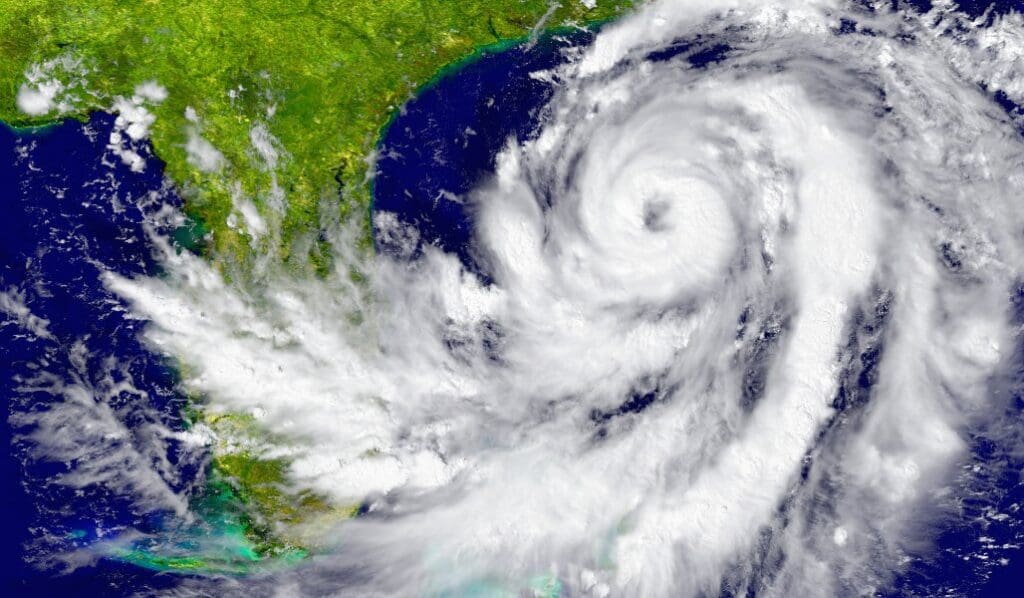
Healthcare Access
When splitting time between two locations, managing healthcare can be complicated. Finding new healthcare providers in a different state may be challenging, and maintaining relationships with doctors back home can be difficult.
Health insurance plans may vary by state, creating complications regarding coverage and access to services. Snowbirds must navigate these complexities to ensure they receive the necessary care. We found it more difficult to manage our medical and dental appointments while living in two different places.

Financial Considerations
While some snowbirds may save on living costs, others might increase their expenses due to travel costs, maintaining two residences, and higher prices in tourist-heavy areas. Purchasing a second home can be a significant financial commitment, and market fluctuations can impact property values. Ensuring a sound investment requires careful consideration. Our experience with this process was spending much more money with the two homes of a snowbirding lifestyle.

Family and Community Connections
Spending extended periods away from family and friends can lead to feelings of isolation. Snowbirds may miss important family events or milestones and constantly shifting between locations can make establishing a sense of community difficult. Snowbirds might find it challenging to develop deep connections in either location. This was one of the factors in why we chose to live in a single location after several years of snowbirding.
Conclusions About Snowbirding
Becoming a snowbird can provide a fun lifestyle filled with adventure, community, and the chance to enjoy milder weather during the winter months. However, it also comes with its challenges, including logistical hurdles, healthcare access, and the potential for financial strain. When considering whether to adopt a snowbird lifestyle, carefully weigh these pros and cons. Each individual’s circumstances, preferences, and priorities ultimately dictate whether this seasonal living arrangement fits. For many, the joys of escaping harsh winters and embracing a vibrant community outweigh the potential downsides, leading to a fulfilling and enjoyable life as a snowbird.
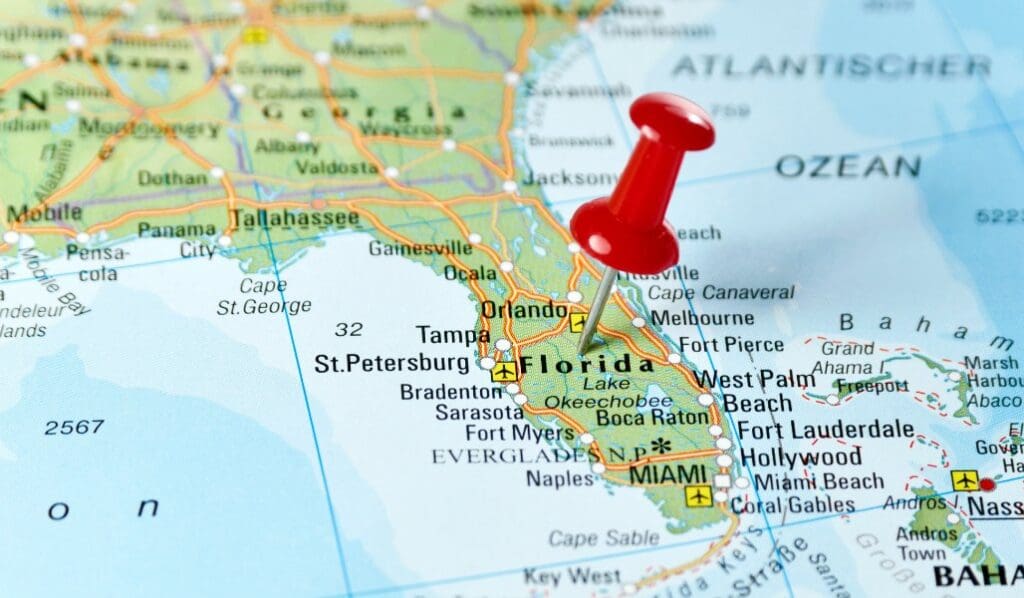
In the end, whether you decide to make the leap or stay put, understanding your needs and goals is vital for a happy and satisfying lifestyle. While we currently don’t snowbird, it had been our retirement dream for many years and we are glad we gave it a try.
Happy Journeys,
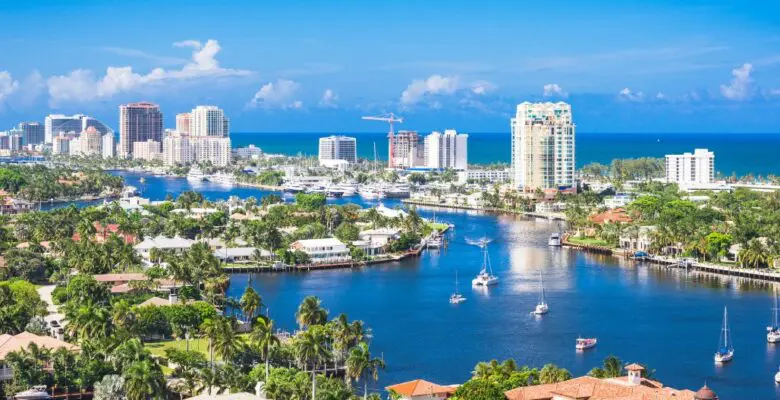

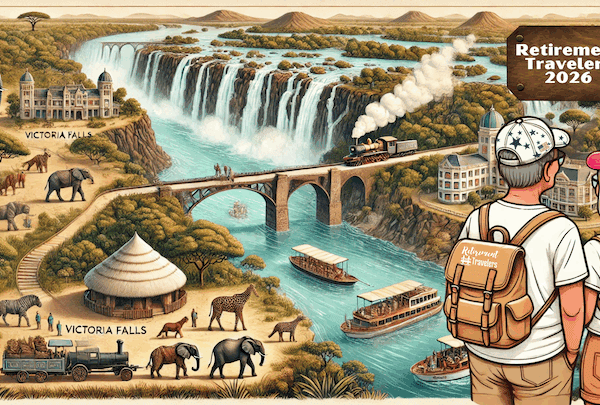
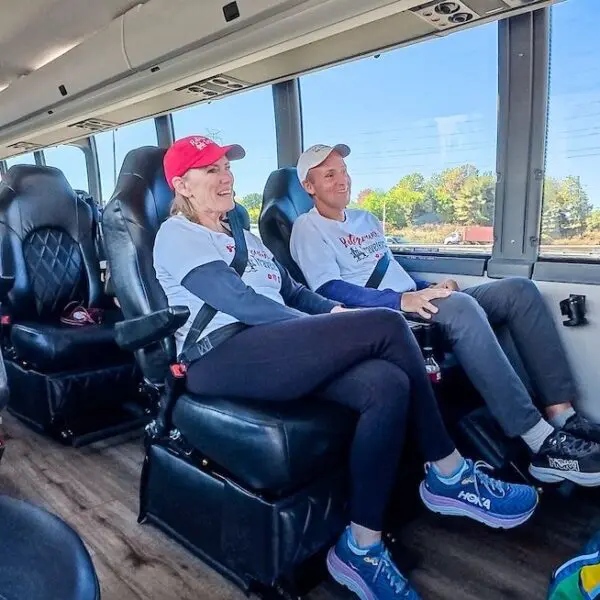
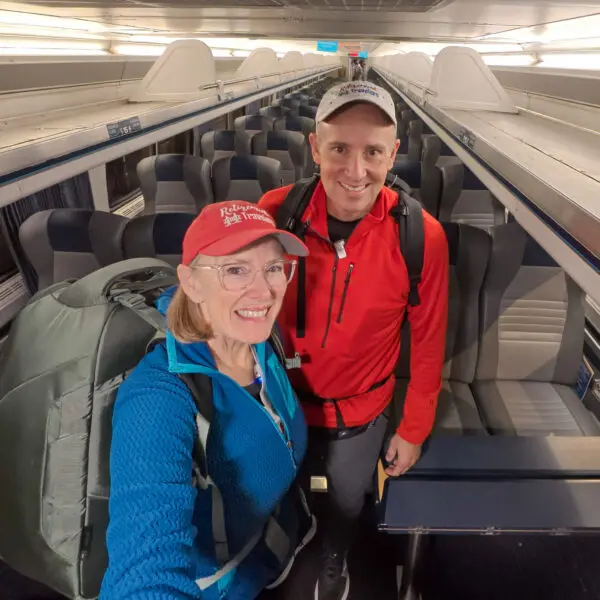



Leave a Reply